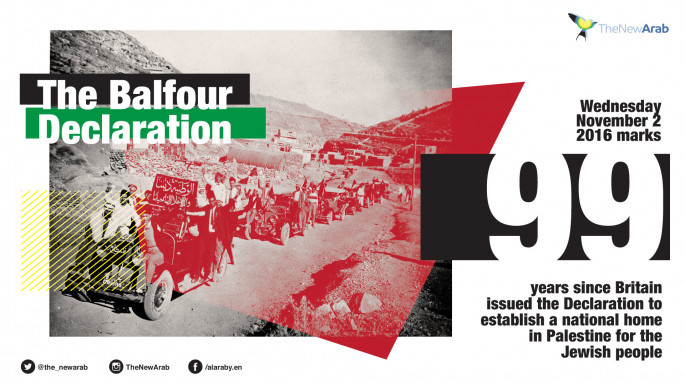Jerusalem: Occupation 'cracking down on Muslim call to prayer'
The warnings emerge as Israeli right-wing extremists held protests outside the home of Israeli Jerusalem mayor Nir Barkat, demanding measures against the call to prayer they claimed was causing them distress.
Barkat subsequently said he had instructed his office director to implement a plan in cooperation with the Israel Police to enforce "noise regulations" on Islamic calls to prayer from mosques in the city, reported i24.
“There are a lot of mosques that position noise amplifiers and loudspeaker systems without the necessary inspections or consideration," Barkat said. "The volume of these systems and the hours they are operated deviate from the law. They actively cause noise nuisances that disturb many nearby residents and harm their quality of life."
Israeli settlers in Jerusalem’s Pisgat Ze’ev neighbourhood were not impressed. On thursday morning, they picketed Barkat's home playing a recording of the Muslim call to prayer on a loudspeaker.
The volume of mosques' call to prayer, which occurs five times a day, has long been source of debate in Jerusalem, says i24, and "has generated a notable amount of complaints from Jewish residents... over disturbed sleep."
Palestinians expressed outrage at the reports. Sheikh Akrama Sabri, a top Palestinian cleric in the city, told The New Arab those bothered by the call to pray "should leave the Arab and Muslim city" they brutally occupy.
Sabri vowed the Islamic religious authorities would resist any measures against mosques by the occupation police and mayorship, stressing the call to prayer was a fundamental part of Islamic rituals.
Religious officials warned the measure could be enforced in Arab neighbourhoods adjacent to the Old City, including Silwan and Sheikh Jarrah, and could be part of further Israeli encroachment on al-Aqsa Mosque ement on al-Aqsa Mosque.
Previous attempts to move against the call to prayer date back to 2011, when an Israeli lawyer was tasked by a rabbi council to file a request for the Israeli occupation police to ban it under noise control laws.
The request is understood to have been unsuccessful.
Jerusalem was taken by Israel in the 1967 Six-Day War and later annexed in a move not recognised internationally. Since then, Israelis began settling in the city, displacing many of its native Palestinian residents, who live under tough Israeli restrictions.
In April, UNESCO passed a resolution condemning "Israeli aggressions and illegal measures against the freedom of worship and Muslims", especially in Al-Aqsa Mosque, which it recently ruled had no connection to the Jewish faith, angering Israel.
 |
| Read more: Perfidious Albion: Balfour at 99 |
![al-Aqsa mosque stormed by Israeli settlers and soldiers [AFP] al-Aqsa mosque stormed by Israeli settlers and soldiers [AFP]](/sites/default/files/styles/image_345x195/public/media/images/44279237-1C33-4FA7-B6C0-11FD7CC2873B.jpg?h=d1cb525d&itok=AoajZsz-)




 Follow the Middle East's top stories in English at The New Arab on Google News
Follow the Middle East's top stories in English at The New Arab on Google News


